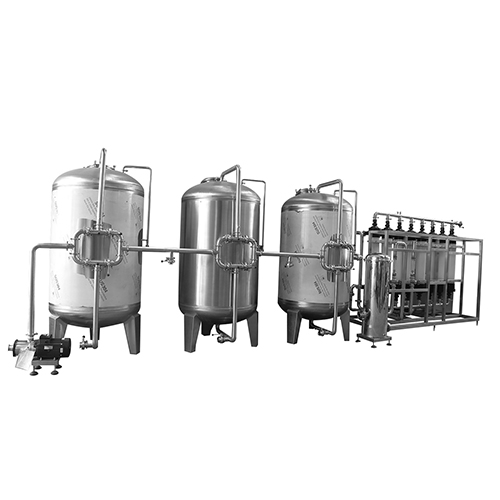In the food industry, where product quality, safety, and shelf – life are of utmost importance, bottle capping machines have emerged as a cornerstone of the packaging process. These machines are not just simple devices for attaching caps to bottles; they are integral to maintaining the integrity and marketability of food products.
The Stringent Requirements of the Food Industry
Food products have unique packaging requirements. First and foremost, the seal created by the cap must be airtight and leak – proof. This is crucial for preventing the entry of air, moisture, and contaminants, all of which can lead to spoilage, changes in flavor, and a reduction in the product’s shelf – life. For example, a jar of jam needs to be tightly capped to prevent mold growth caused by exposure to air and humidity.
Secondly, hygiene is a top priority. Any equipment that comes into contact with food products, including bottle capping machines, must meet strict sanitary standards. This often means that the machine components are made of food – grade materials and are easy to clean and sanitize.
Types of Bottle Capping Machines in Food Packaging
Manual Capping Machines
Manual capping machines still have their place in the food industry, especially for small – scale artisanal food producers. These machines are cost – effective and offer the flexibility to handle different bottle shapes and cap styles. For instance, a small – batch honey producer may use a manual capping machine. It allows the producer to carefully place each cap on the bottle, ensuring a proper seal while also providing a hands – on quality control step. However, manual capping is time – consuming and may not be suitable for high – volume production.
Semi – automatic Capping Machines
Semi – automatic capping machines are a popular choice for medium – sized food businesses. They automate the bottle – moving process through a conveyor system, while the capping operation may still require some human assistance. In a medium – sized salsa factory, semi – automatic capping machines can be used. Workers can place the caps on the bottles as they move along the conveyor, and the machine tightens the caps with a consistent torque. This type of machine provides a balance between cost – efficiency and production speed, helping these businesses meet their market demands without a large upfront investment.
Fully Automatic Capping Machines
For large – scale food manufacturers, fully automatic capping machines are the go – to option. These high – speed machines can handle thousands of bottles per hour. In a large – scale juice production plant, fully automatic capping machines work in sync with other packaging equipment. They are equipped with advanced sensors to detect the presence of bottles and caps, and the capping heads can adjust the torque according to the type of cap and bottle. This ensures that every bottle is capped perfectly, maintaining the high – volume production requirements while upholding strict quality standards.

